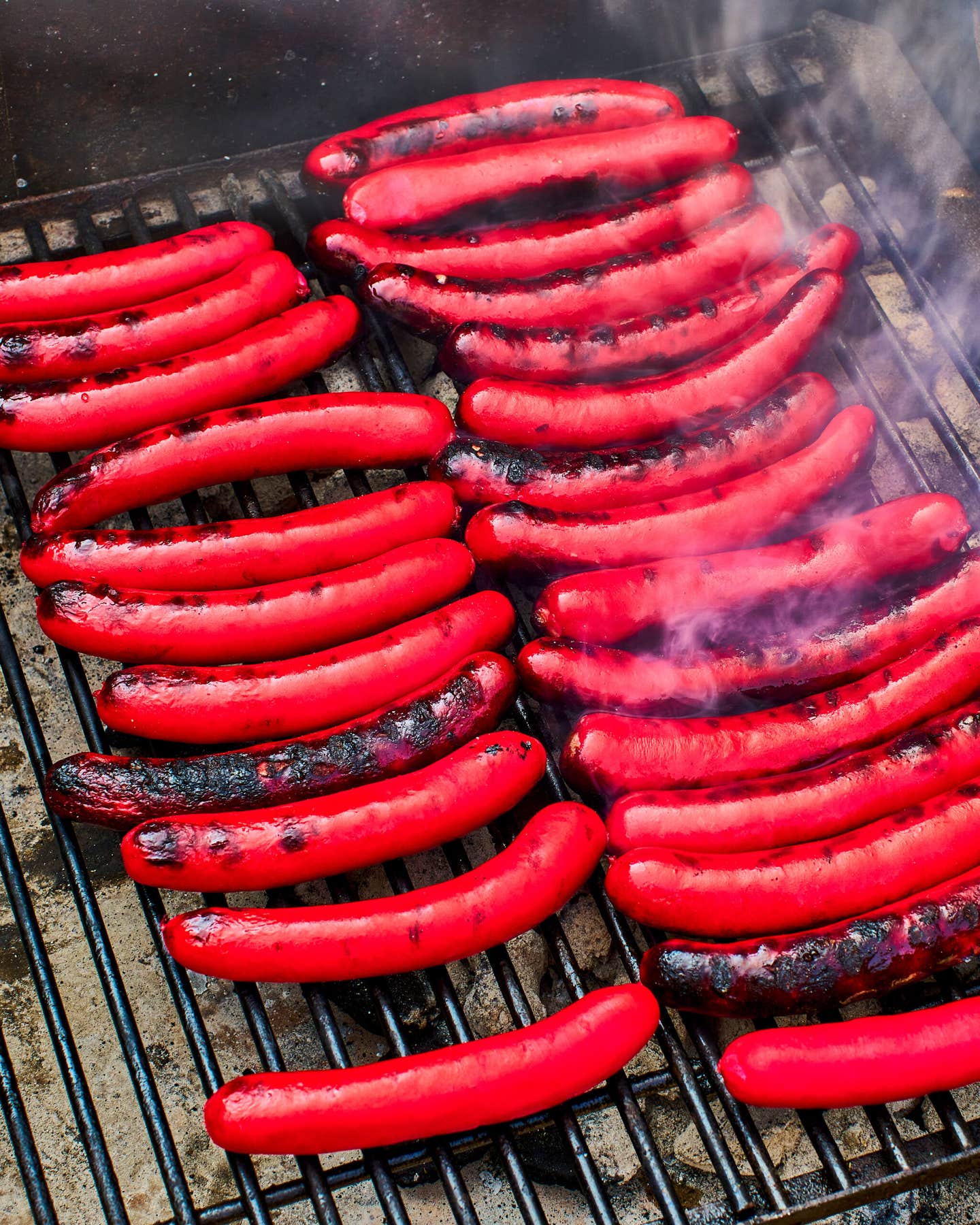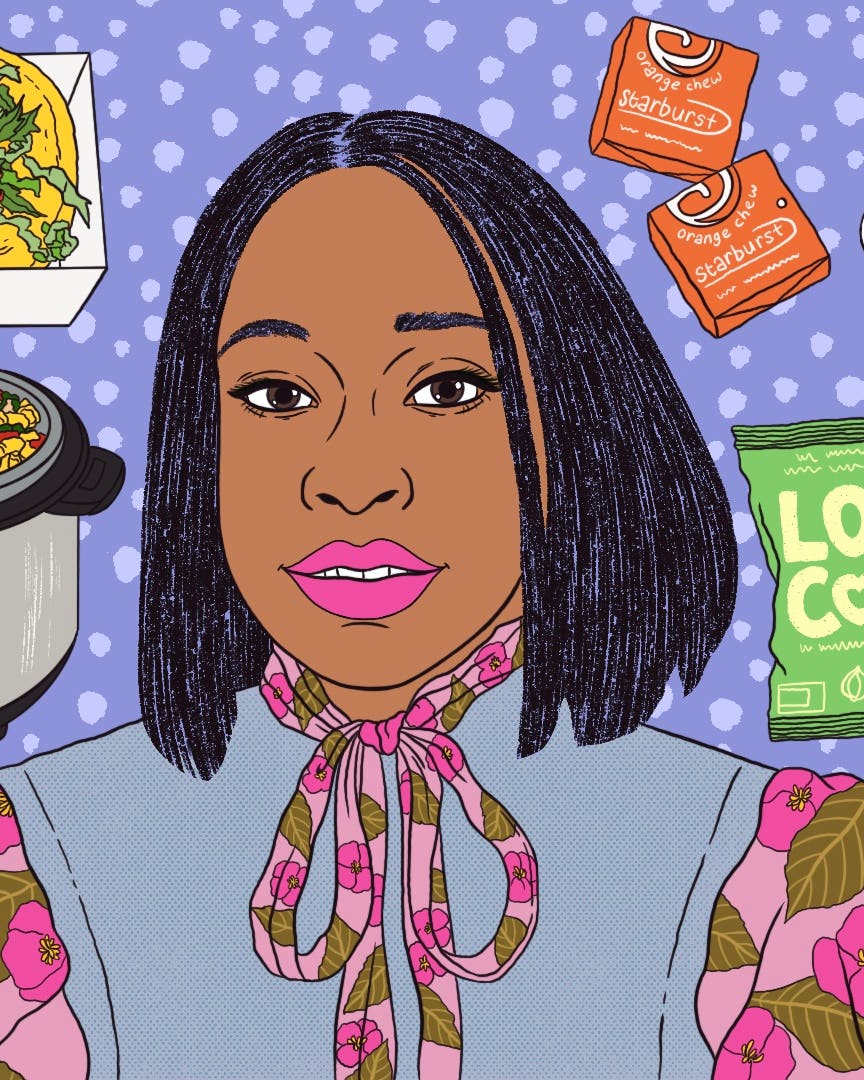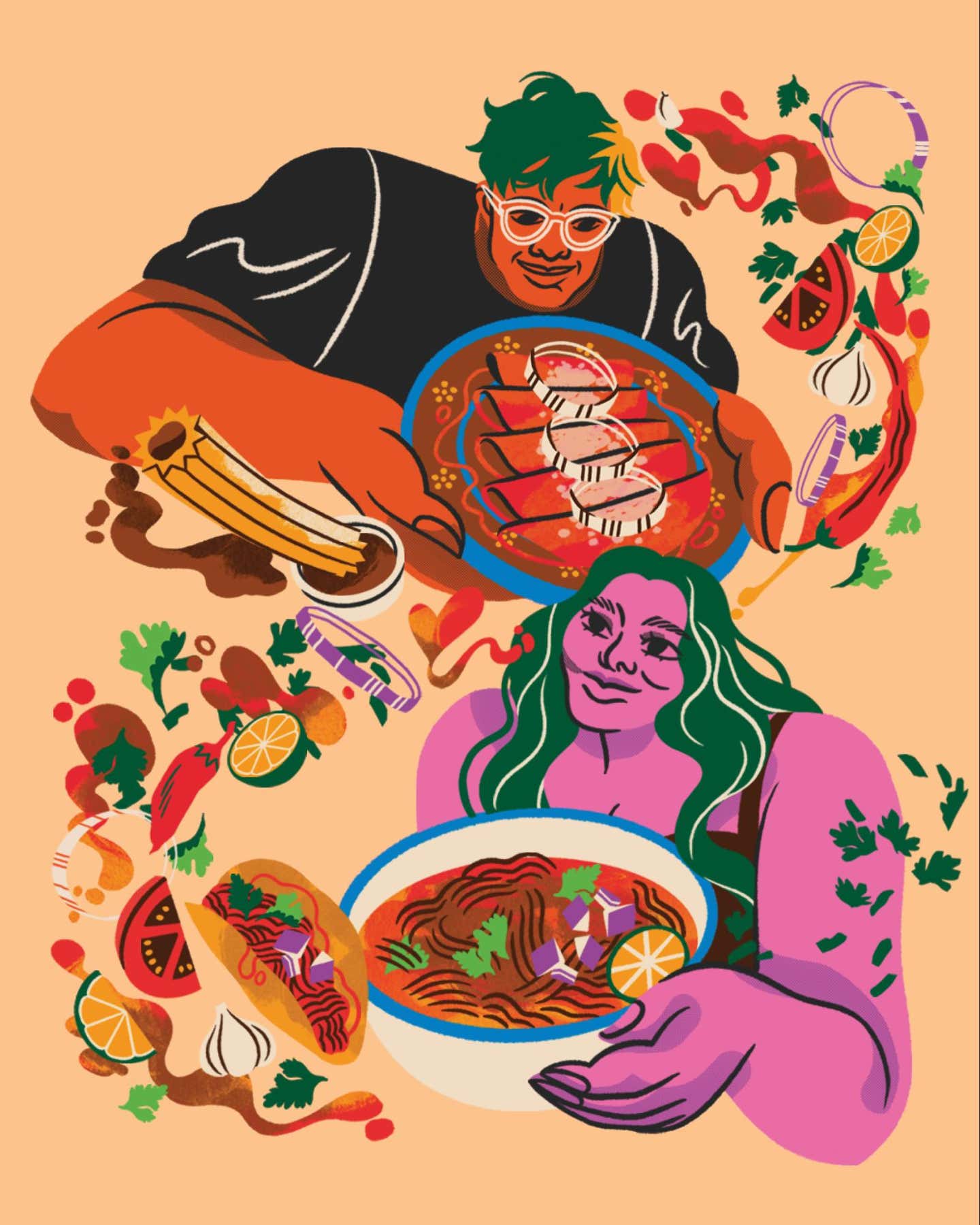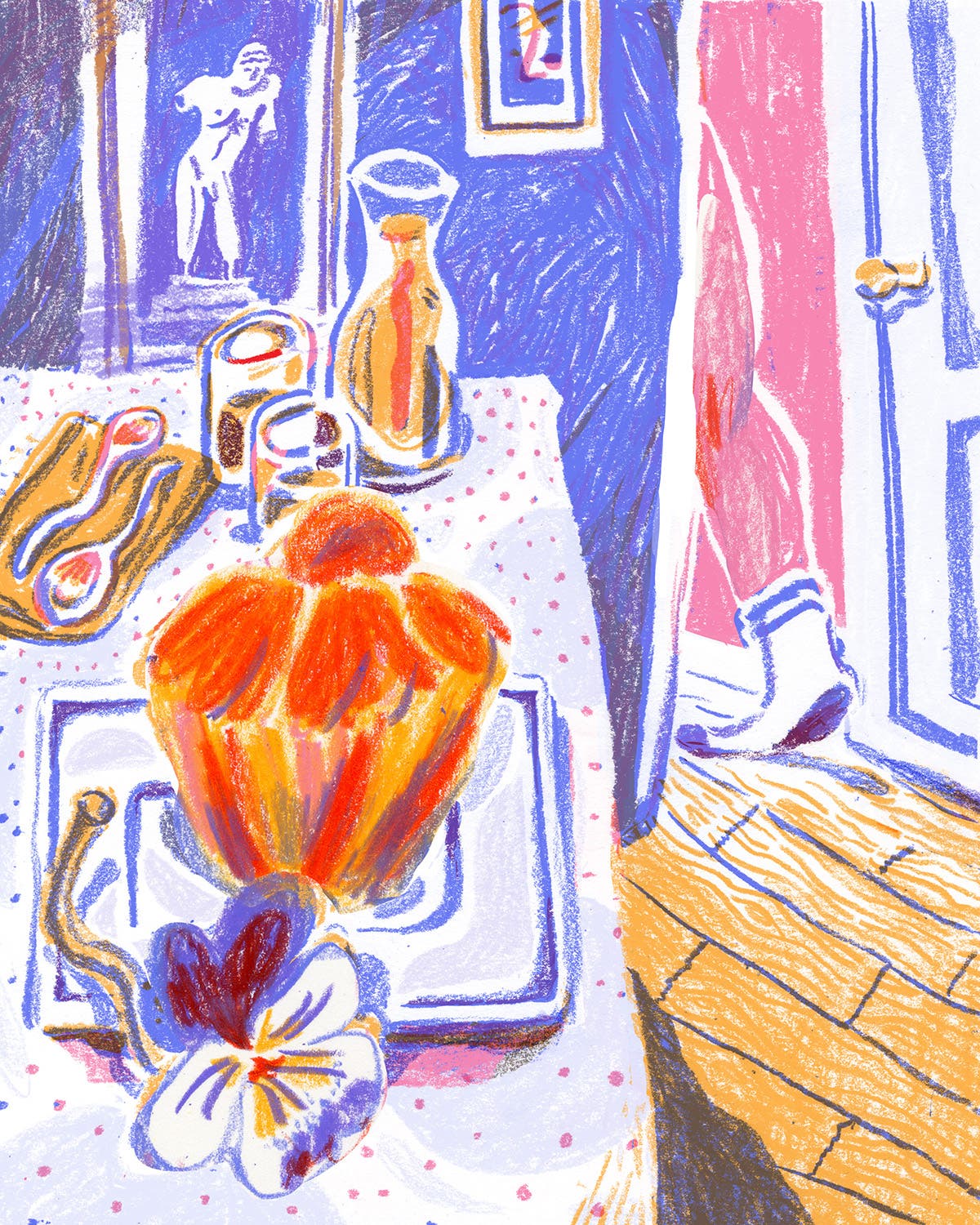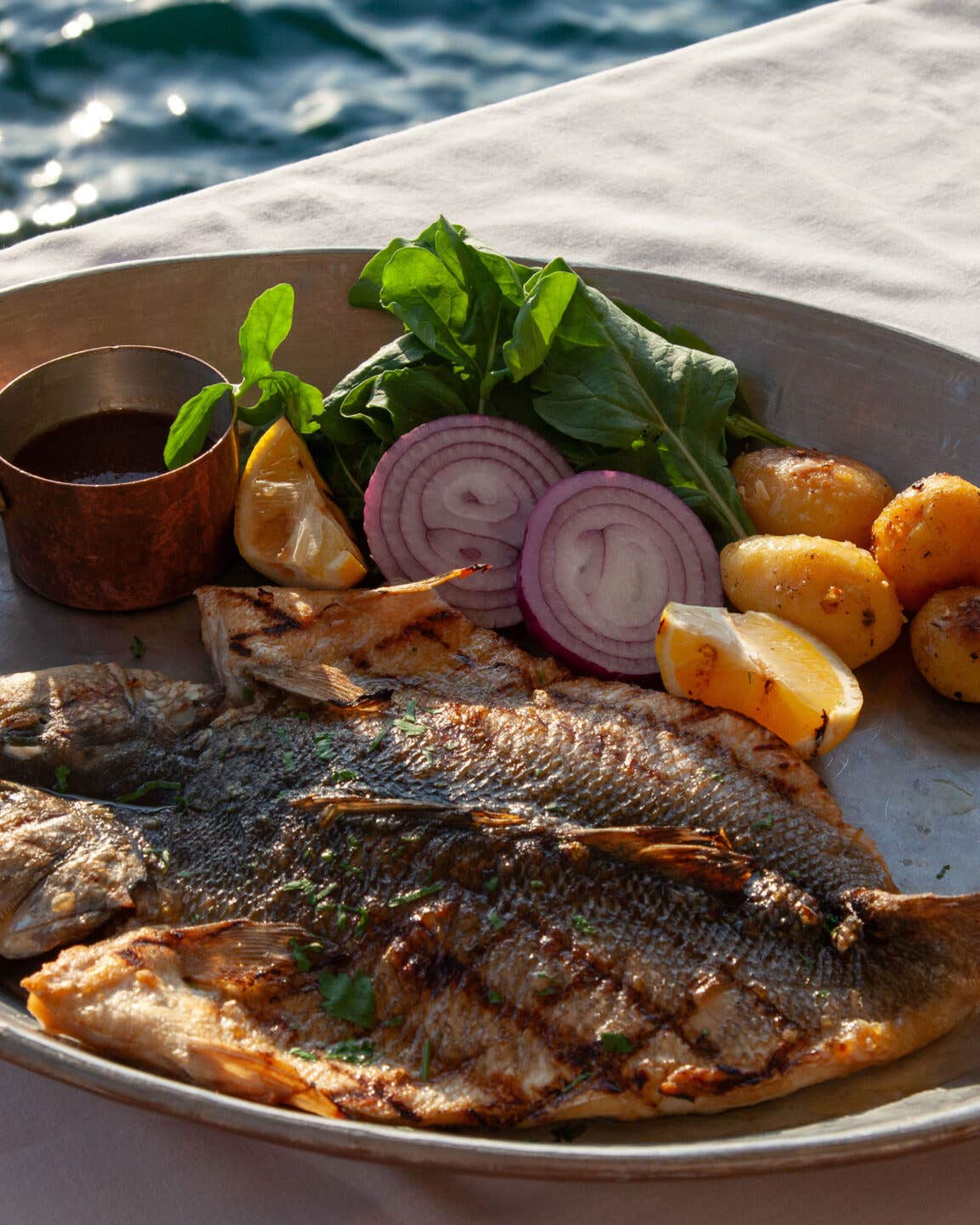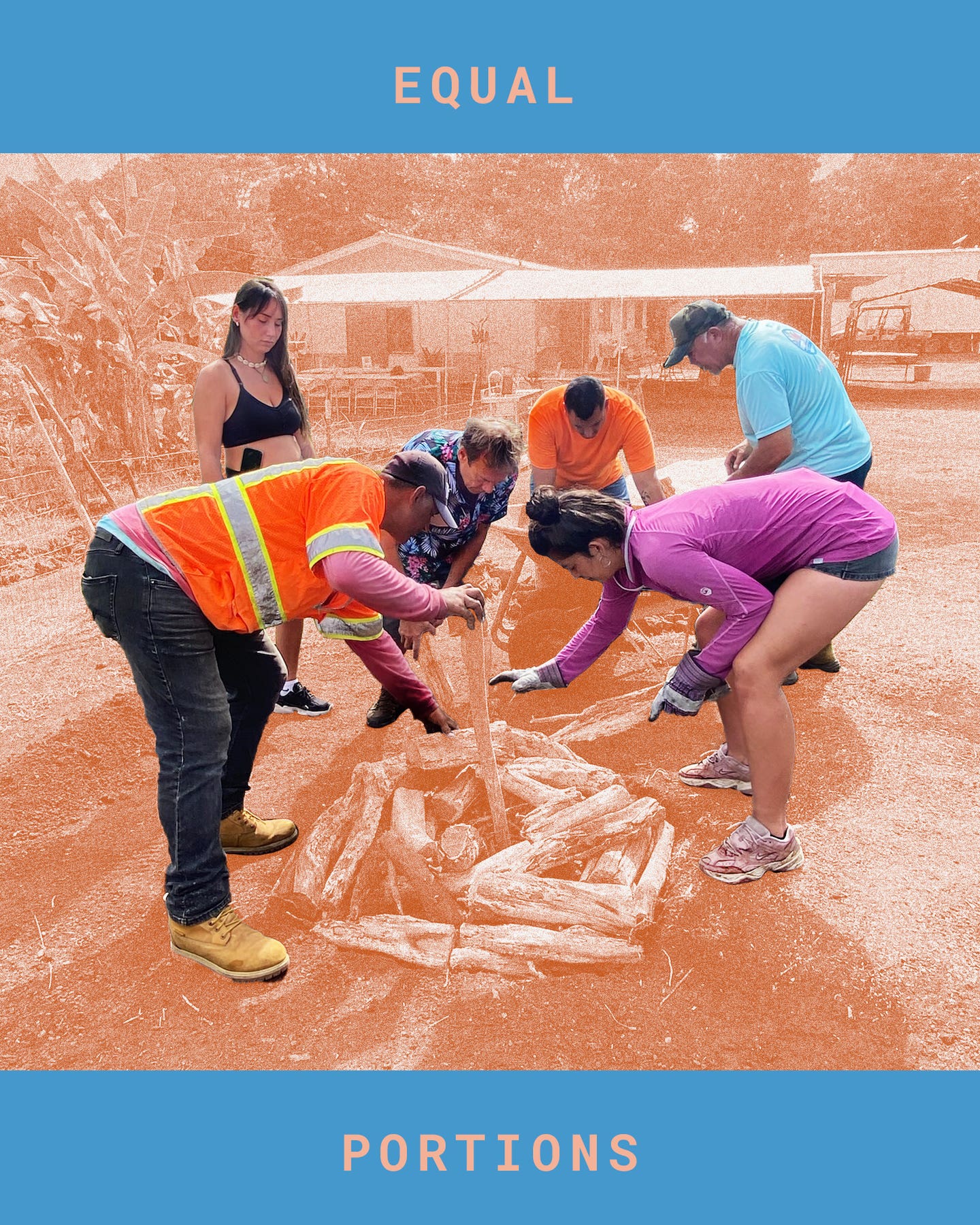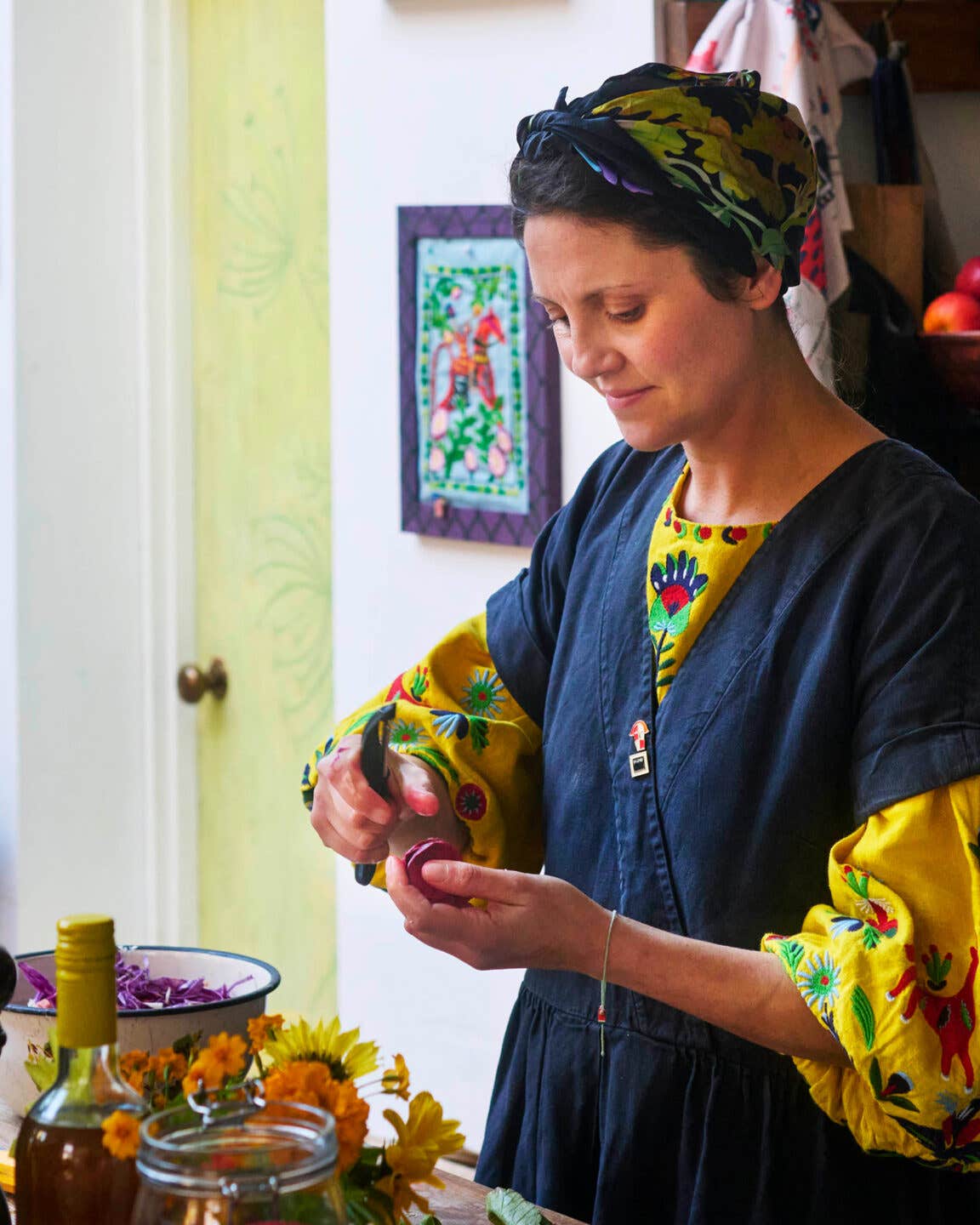
The Unlikely Success Story of Manhattan’s Only Burmese Restaurant
What started as a (literally) underground bodega is now an East Village hotspot.
When 24-year-old Yun Naing, her mother Thidar Kyaw, and her father Tin Ko Naing first began mulling the possibility of expanding their family-run eatery Yun Cafe, where they serve Burmese dishes from a small bodega housed below ground in a Queens subway station, the idea felt risky.

As one of only a handful of Burmese restaurants in New York City, the tiny cafe offers a remarkably wide range of salads and soups that have been widely praised, from the laphet thoke, a salad of fermented tea leaves tossed with shredded cabbage, tomatoes, roasted nuts, and dried shrimp; to the moninga, a fish noodle soup made with fragrant lemongrass and crunchy chickpeas. But for Yun and her parents, taking their repertoire from the subterranean Jackson Heights-Roosevelt Avenue/74th Street subway station to an above-ground spot in Manhattan would mean facing the island’s steep rents and accelerated rhythm. However, it would also bring the opportunity to increase visibility and awareness around Burmese cuisine, something Manhattan has been missing since the Upper East Side’s Cafe Mingala shuttered in 2016.

So when Kyaw, who is a real estate agent, found a small storefront in a prime East Village location, the family decided to take the leap. The new establishment, called Little Myanmar, recently debuted with all of Yun Cafe’s beloved Burmese dishes and an expanded selection that includes masala crab curry, mala skewers, cassava cakes, and papaya milkshakes. Kyaw is still the main chef and cooks most of the dishes “the way we cook it at home,” says Yun. She herself manages the business, putting the economics degree she’s now completing at Baruch College into real-life practice.
Yun’s family opened Yun Cafe in 2020 amid the pandemic as a place to sell coffee, sandwiches, and pastries. They didn’t think customers would be interested in Burmese food, but decided to offer a couple dishes anyway. Customers soon began stopping by specifically to sample flavors emblematic of the Southeast Asian country. But the underground space didn’t provide a full kitchen, nor was there sufficient ventilation. “We really wanted ground level,” says Yun. When they asked regular customers—some of whom would make the trip from Manhattan—for suggestions about other neighborhoods to consider, many recommended the East Village.

“People have been very welcoming and very receptive,” says Yun of their new home. “It’s something that people didn’t expect, a Burmese place. They were pleasantly surprised.”
Unlike the more takeout-focused Yun Cafe, the larger Little Myanmar offers in-restaurant dining—and a full kitchen for Yun’s parents to really break out their culinary skills. “We have a mixture of spicy, sour, sweet, and salty,” says Yun of Burmese food. In the restaurant’s mohinga, which is considered the country’s national dish, these eclectic and contrasting flavors are on full display: “How Thai people are proud of their tom yum soup, or how Vietnamese people are proud of their pho, that’s what mohinga is to us.”
While nearby eateries like Burmese Bites in Queens, Rangoon in Brooklyn, and Amayar Kitchen in Maywood, New Jersey, are also shining light on Burmese cuisine, Little Myanmar is carrying the team in Manhattan. “Every one of us who has a Burmese restaurant here feels the same way: we just really want it to work,” says Yun, “so that it will open opportunities for other people as well.”
“We’re just very happy that people like our food.”
Keep Reading
Continue to Next Story


